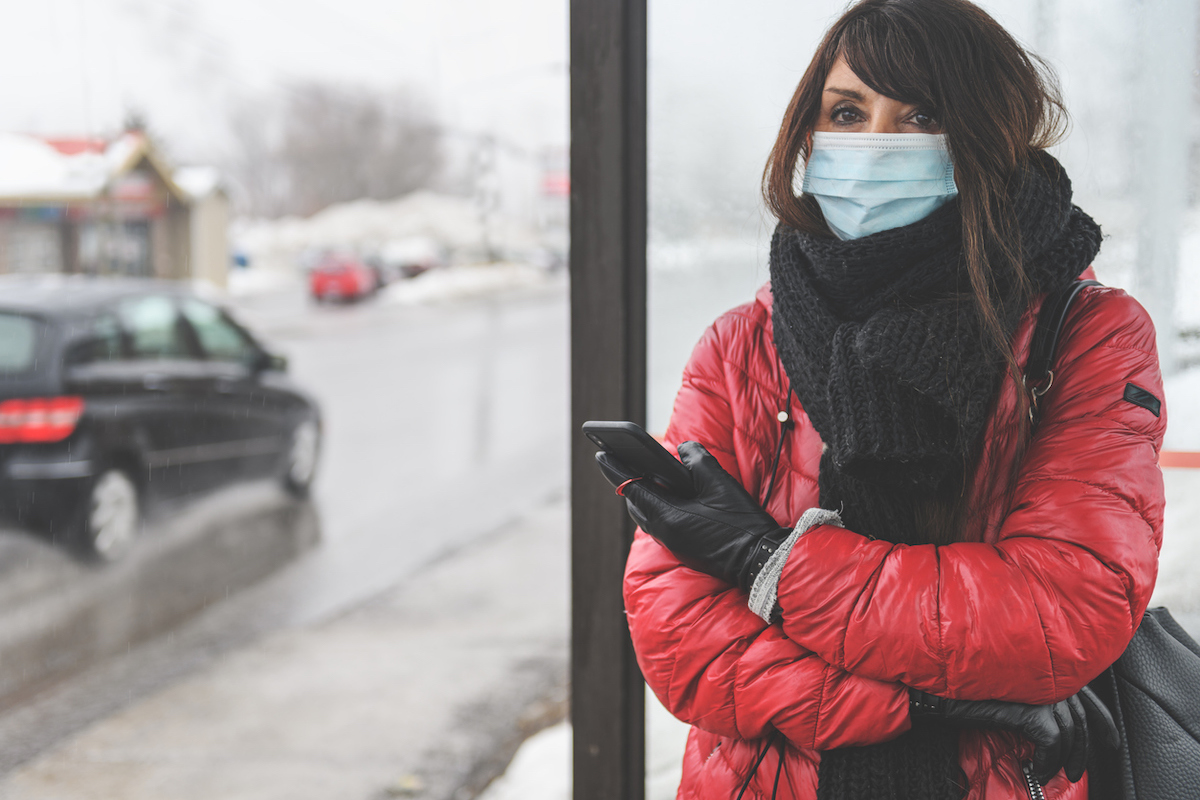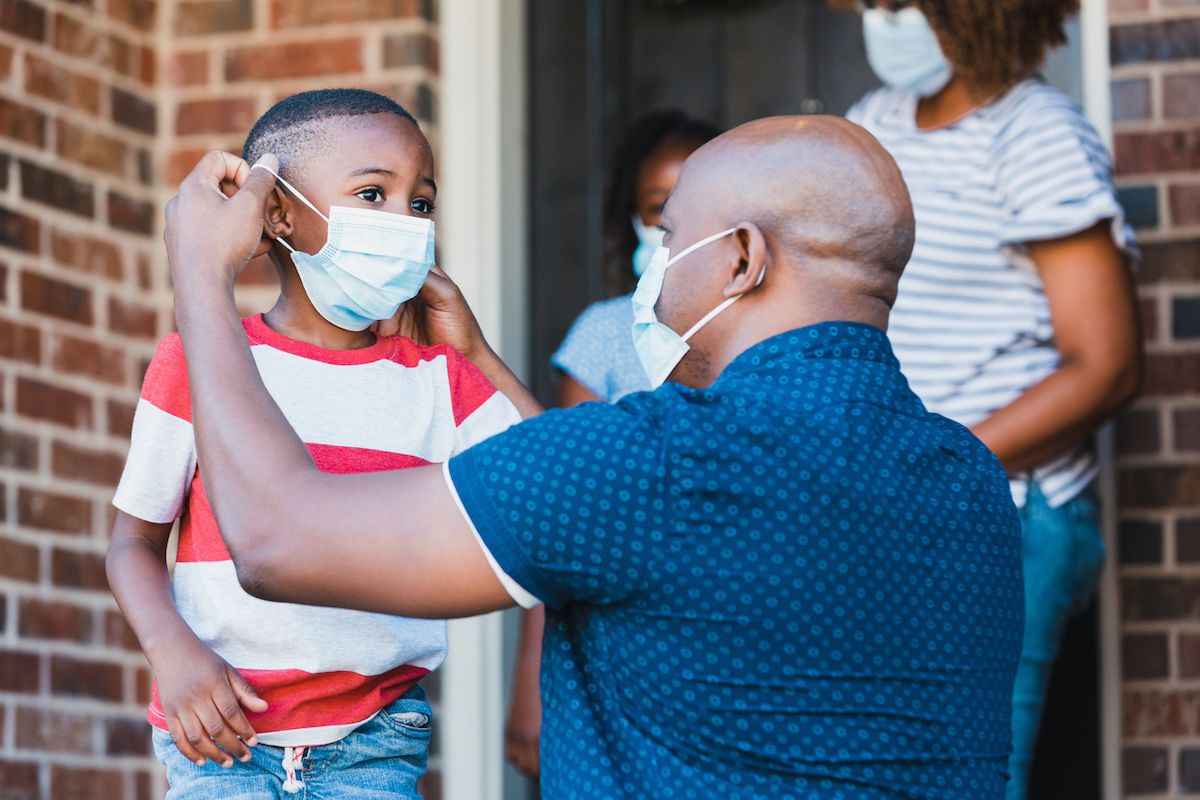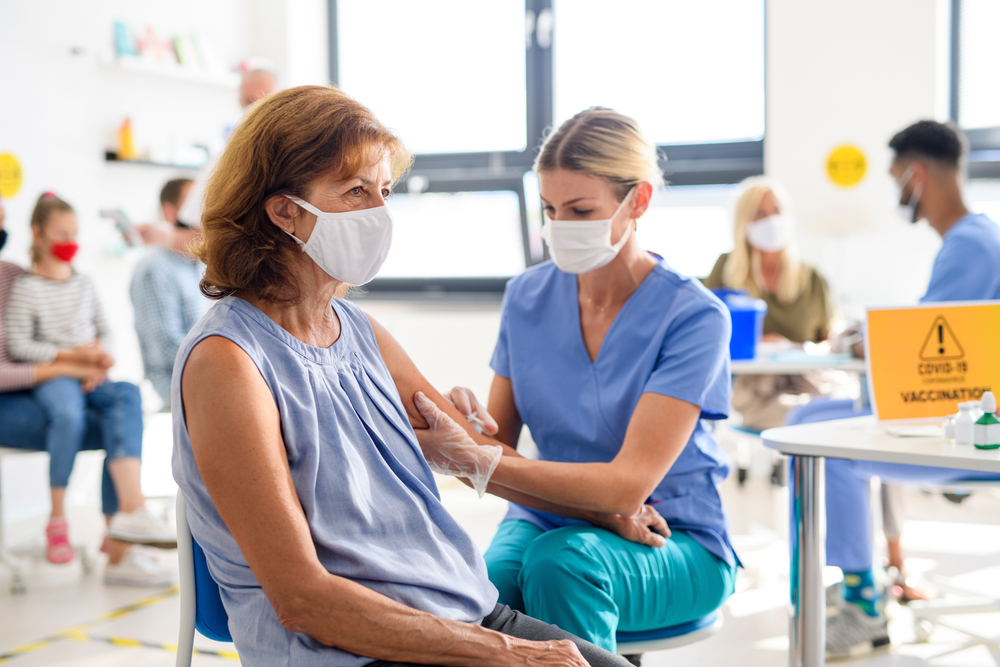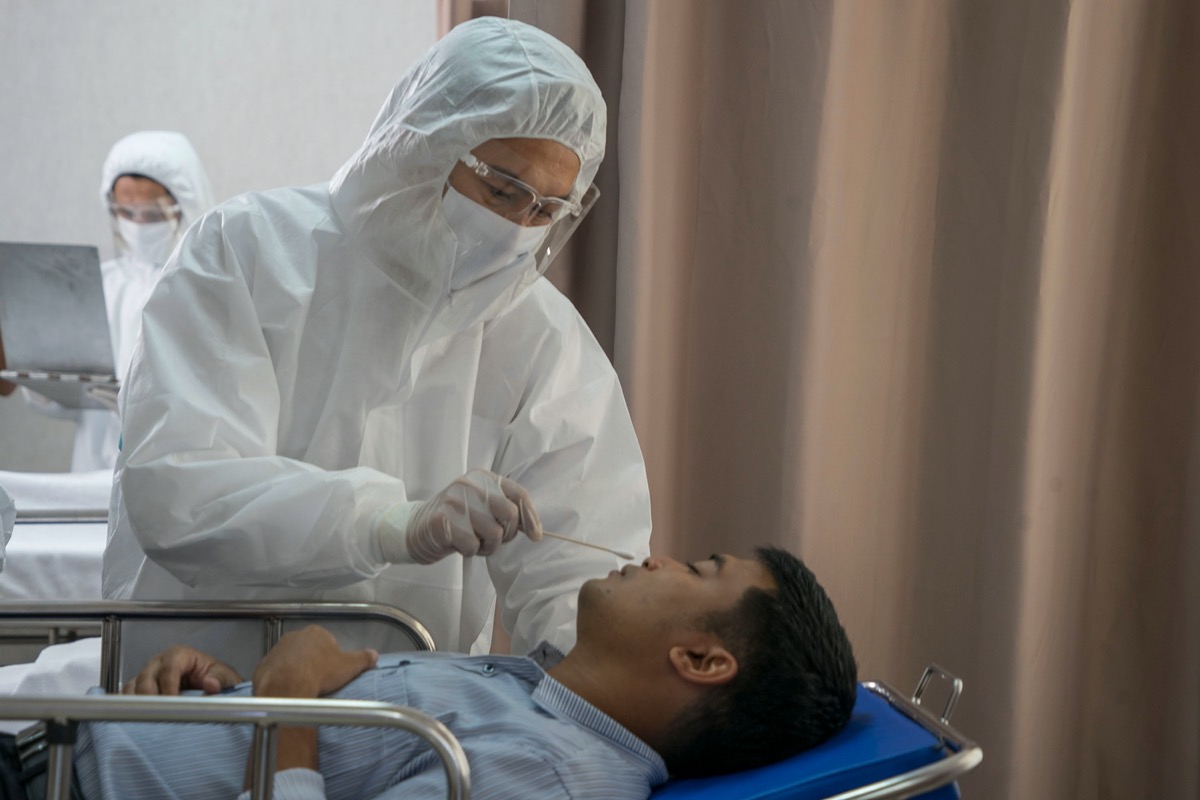In an interview with Newsweek published on Dec. 29, the same day the first case of the new strain was reported stateside, Fauci was asked about the best course of action to keep the U.K. COVID strain—known as B.1.1.7—from taking over in the U.S. The National Institute of Allergy and Infectious Diseases (NIAID) director remained optimistic in his response that, despite the challenges that remain in the months ahead, we are still in a good position to fight the pandemic head-on. Read on to see what he thinks should come next, and for more from the infectious disease expert, check out Dr. Fauci Just Made a Scary Admission About the COVID Surge. Read the original article on Best Life. On Dec. 29, officials in Colorado confirmed the first reported case of an infection caused by the new strain of the coronavirus in the U.S. But that likely didn’t surprise Fauci. “I would not be surprised if it were in the U.S. on a lower level,” Fauci said in the Newsweek interview published earlier that day of the new strain. “It’s already in a number of countries besides the U.K.” Given that the first patient had not traveled and had no close contacts who had COVID, experts expect that the contagious U.K. strain could already be spreading in the States, just as Fauci predicted. And for more predictions from Fauci, check out Dr. Fauci Just Said These 3 Things Are About to Make COVID Worse. Fauci was clear that just because we have a new COVID strain, there is no need to develop a new set of rules, regulations, or tricks to keep the variant from spreading. Instead, focusing on the same guidelines that have been in place for months should buy the time needed to get enough of the population vaccinated. “The thing that the Brits say is that it [the new strain] likely increases the transmissibility of the virus,” Fauci told Newsweek. “If that’s the case, the things we’ve been talking about all along, we just need to make sure we do it, mainly the implementation of public health measures—wearing masks, keeping distances, avoiding congregate settings, doing things outdoors more than indoors, washing your hands frequently—those are the things that stop any virus, regardless of whether it mutates or not.” And for the one habit you can drop in regards to the virus, check out The One Thing You Can Stop Doing to Avoid COVID, According to Doctors. Even though it’s far from the first or only mutation of the novel coronavirus, many people have feared that the new strain would make the vaccine less effective or could bring about another wave of pandemic. But when asked whether or not there was a way to slow down mutations from occurring, Fauci replied that the solution was still simple. “The easiest way to stop mutations from happening is to eliminate the replication of the virus,” he explained. “The lower the level of the virus in the community, the lesser the chances of mutating. So the best way to stop mutations is to get everybody vaccinated very quickly and bring the level of infection low.” And for the latest on the vaccine, check out These 2 States Are Going Against the CDC’s Vaccine Recommendations. December has seen a tragic number of record-breaking days, but Fauci still unfortunately feels that the worst of the pandemic is not quite over yet due to all the holiday travel that’s gone on recently. However, all hope is not lost. During a Dec. 29 interview with CNN’s Jim Sciutto, Fauci said that we can avoid further catastrophe by recommending those who have already traveled refrain from congregating with large numbers of people in social settings.ae0fcc31ae342fd3a1346ebb1f342fcb “Try to keep it restricted to the immediate family and the immediate household. Once you get to large numbers of people at a dinner inside, poor air ventilation and circulation, that’s when you get in trouble,” Fauci said. “That’s what we’re concerned about—that in addition to the surge, we’re going to have an increase superimposed upon that surge, which could make January even worse than December.” And for more on where things look particularly bad, check out This State Now Has the Worst COVID Outbreak in the U.S.



